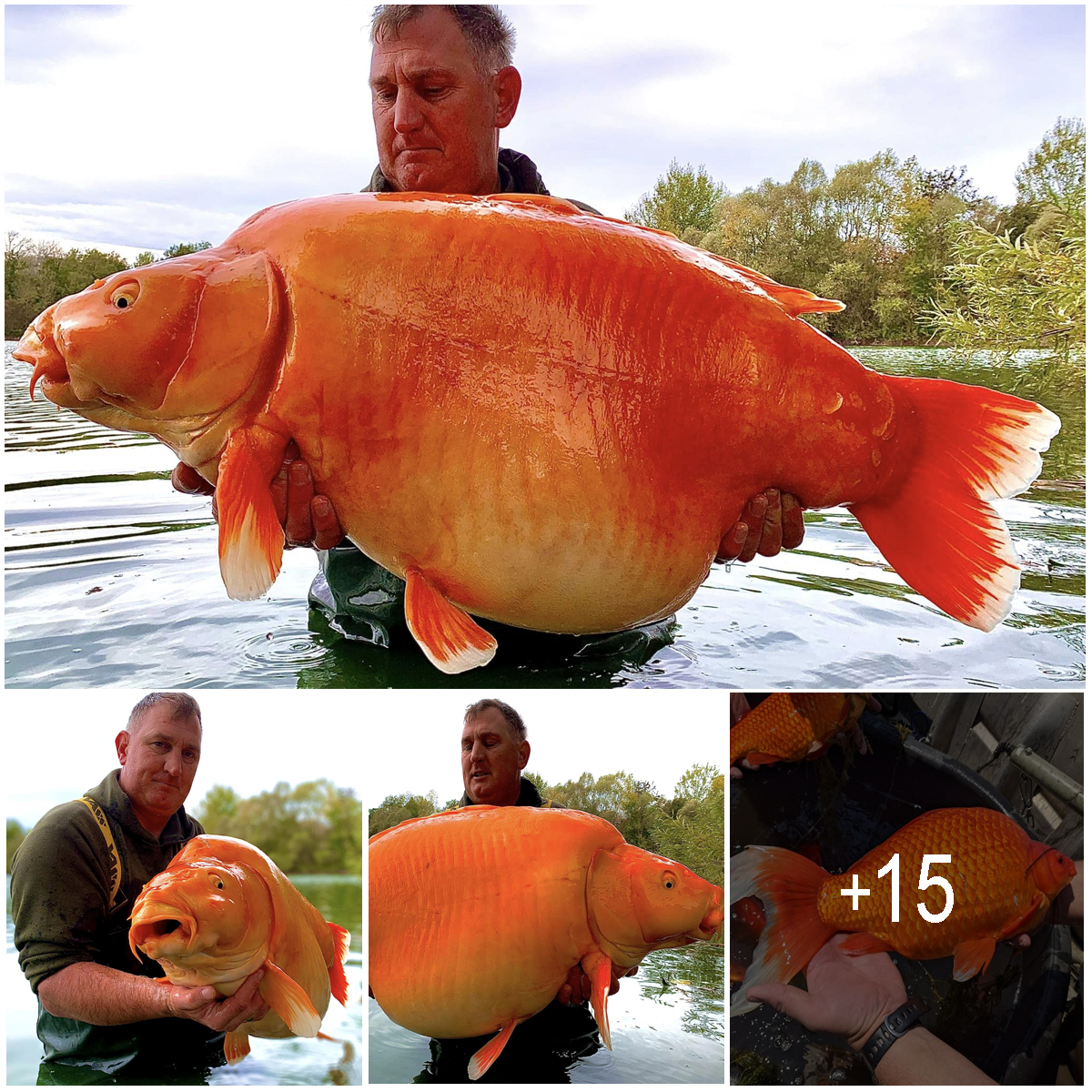According to a report, wildlife has decreased by nearly 70% since 1970. This alarming statistic raises significant concerns about the state of our planet’s natural ecosystems and the urgent need for conservation efforts to protect wildlife populations.
The decline in wildlife populations is a global issue that has been steadily worsening over the past five decades. The report, which gathered data from various sources and conducted extensive research, revealed that nearly 70% of wildlife species have experienced a decline in population since 1970. This decline is attributed to various factors, including habitat loss, climate change, pollution, over-hunting, and poaching.

One of the main reasons for the decline in wildlife populations is habitat loss. As human populations continue to grow, there is an increasing demand for land for agriculture, infrastructure development, and urbanization. This leads to deforestation, destruction of natural habitats, and fragmentation of ecosystems, displacing wildlife from their natural homes. As a result, many species are struggling to adapt or survive in these rapidly changing environments.
Climate change is another significant factor contributing to the decline in wildlife populations. Rising temperatures, extreme weather events, and changing precipitation patterns are disrupting ecosystems and altering habitats. This disrupts the delicate balance of natural ecosystems, making it challenging for wildlife to thrive. For example, coral reefs, which are home to a diverse array of marine species, are highly vulnerable to the impacts of climate change, such as coral bleaching caused by rising sea temperatures.

Pollution also poses a significant threat to wildlife populations. Pollution from industrial activities, agricultural runoff, and plastic waste in our oceans and waterways can have devastating effects on wildlife. Many species ingest or become entangled in plastic debris, leading to injuries, deaths, and population declines. Pollution in the air, water, and soil also affects the health and reproductive success of wildlife, further contributing to population declines.

Over-hunting and poaching are additional factors that have led to the decline of wildlife populations. Unregulated hunting and poaching for bushmeat, traditional medicine, and illegal wildlife trade have resulted in the loss of many species, including elephants, rhinos, tigers, and pangolins. These activities not only threaten the survival of endangered species but also disrupt the balance of ecosystems, leading to cascading effects on other species and the environment.
The decline in wildlife populations has far-reaching consequences for our planet’s ecosystems and biodiversity. Wildlife plays a crucial role in maintaining the balance of ecosystems, including pollination of plants, nutrient cycling, and controlling pest populations. The loss of wildlife populations can disrupt these ecological processes, leading to negative impacts on ecosystem health and resilience. Moreover, wildlife has significant cultural, recreational, and economic value, including ecotourism, which provides livelihoods for local communities and contributes to economic growth.

To address the decline in wildlife populations, urgent conservation efforts are needed at global, national, and local levels. Conservation strategies should focus on protecting and restoring wildlife habitats, mitigating the impacts of climate change, reducing pollution, regulating hunting and poaching, and promoting sustainable practices in agriculture, forestry, and fisheries. Collaborative efforts between governments, NGOs, local communities, and other stakeholders are essential for effective conservation measures.

In conclusion, the recent report indicating a 70% decline in wildlife populations since 1970 is a cause for concern. The loss of wildlife has wide-ranging impacts on ecosystems, economies, and societies. Urgent action is needed to address the root causes of wildlife decline and implement effective conservation measures to protect and restore our planet’s precious biodiversity. Let us come together and take meaningful action to ensure a sustainable future for wildlife and for ourselves.
VIDEO:





